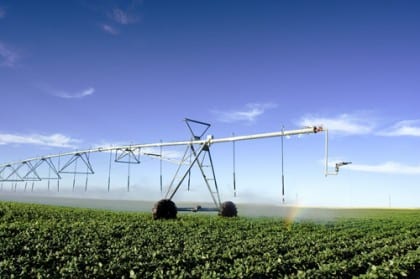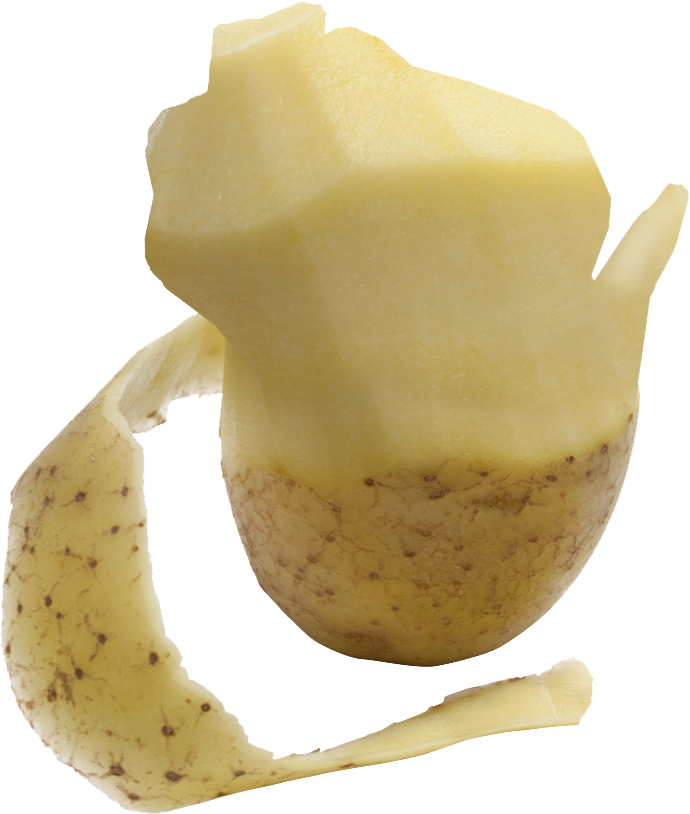Water use is a critical issue in central Wisconsin, and the Wisconsin Potato & Vegetable Growers Association (WPVGA), as well as its grower members are committed to the judicious use of this most precious resource.
WPVGA formed The Water Task Force in 2009 to bring together resources and expertise to foster the sustainable use of water resources in the Central Sands. The committee was also formed to develop and promote responsible water use practices that will protect the groundwater aquifer of the Central Sands and its associated streams, lakes and wetlands.
The goal of the Wisconsin potato and vegetable growers is to do this in a way that ensures a sustainable agricultural industry for future generations, fosters vibrant rural communities and respects the needs of all its citizens.
The WPVGA Water Task Force has already made remarkable progress in advancing all of its objectives. For example, to increase understanding of the hydrology of the Central Sands, the Task Force has initiated a program to measure groundwater depths in privately-owned irrigation wells across space and time. They have purchased and installed equipment to continuously monitor groundwater in four areas designated as high risk for surface water impacts. They have also commissioned and funded a study by the Wisconsin Geological and Natural History Survey to expand understanding of tunnel channel lakes in high risk areas and their interaction with groundwater–this study has since expanded into a significant modeling project funded by NRCS.
In irrigation technology, they have developed and implemented new irrigation scheduling software to match water use to crop need; conducted on-farm research with drip irrigation, deficit irrigation and site-specific, precision irrigation; and they are currently examining the potential for redesigning the region’s century-old drainage system to conserve water that is currently discharged into the Wisconsin River.
In studying water loss, they have conducted field research on year-round evaporation from crops and natural vegetation and developed digital maps of all vegetation types in Central Sands watersheds to aid in designing landscapes that require less water and increase recharge.
In the area of communication, the Task Force has collaborated with UW Extension to conduct extensive field tours in Central Wisconsin to visit farms, research sites, lakes, wetlands and streams to provide information on all aspects of water-related issues and discuss potential solutions. In addition, the Task Force has co-sponsored four citizen gatherings in central Wisconsin to seek input from all concerned parties.
It’s for these reasons that it’s important to understand what Wisconsin potato and vegetable growers do behind the scenes to work with Mother Nature and conserve her resources. It’s also because of these practices and advancements that the Wisconsin potato and vegetable growers are able to provide families with food on a daily basis.
The Water Task Force meets monthly and encompasses a broad diversity of expertise from groups that include growers, processors, university researchers, representatives of rural communities and others with experience in areas relating to water resources.



